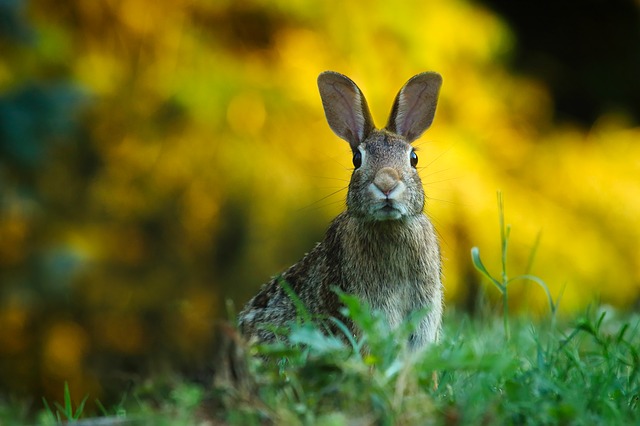I’ve never had to deal with deer fussing about in my garden, but I have had plenty of squirrels, rabbits, raccoons, gophers, and cats use my raised beds as their very own buffet, walking path, and toilet. I’m speaking from my own limited experience here. But I’ve never felt comfortable with the idea of hunting…
